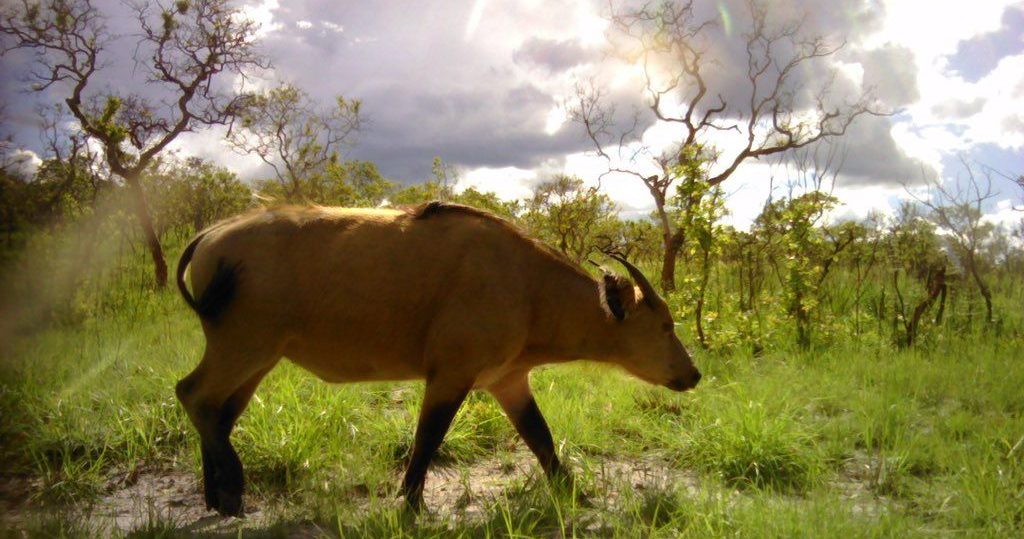Two new programmes approved in Gabon will strengthen forest management, expand protected areas and improve agricultural production.
6 October 2020: Gabon is pursuing a low-carbon development strategy that optimizes economic goals while preserving forests and their ecosystems. The country has therefore committed to reducing greenhouse gas emissions by 50% within 2025 through sustainable land-use. Tackling forest degradation, often a result of illegal logging, is essential to reducing Gabon's carbon emissions, as such degradation accounts for 50-80% of the country's total emissions.
In September 2018, Gabonese President H-E. Ali Bongo announced that all logging permits must be certified in accordance with new national standards by 2022. To support this endeavor, the US$ 7 million “Improved Forestry Management: Implementation of a National Scale Certification Process in Gabon” (Forest Certification Programme), a collaboration between the Gabonese Ministry of Forests, the National Climate Council and the French Development Agency, will bring together relevant stakeholders from the public administration and private sector to define a new set of certification standards to be applied in the logging industry. In addition, a national legal unit will be put in place to follow up on whether certification procedures are respected, and its staff will receive legal training and advise on emission monitoring and analysis.
A second, US$ 5 million programme called “Protected Area Expansion and Land-use Optimization for Food Crop Production in Gabon” implemented by the Ministry of Forests, Ministry of Agriculture and National Climate Council with UNDP, will tackle cross-border timber trafficking, by establishing 400 000 Ha of new protected forest areas in border zones currently opened to logging. The programme will also help intensify crops, to improve food security without expanding production into forest areas with high carbon content. As part of this process, efforts will be made to strengthen the Agricultural Ministry’s technical capacity to reform the agricultural sector and participate in national land-use planning processes, to ensure that changes initiated are supported by rigorous institutional and legal structures.
Efforts based on technical expertise and strong political commitment and leadership are crucial to ensure sustainable change for people, forests and the climate. These two new programmes are part of a larger package that includes a programme on land use planning and forest monitoring and the first payments for results under the 150 US$ million agreement between CAFI and Gabon, expected later this year. Together, they will help preserve the tropical forests we all depend upon, and contribute to worldwide efforts to keep global temperatures below a 2°C increase, as set out in the Paris Agreement.

